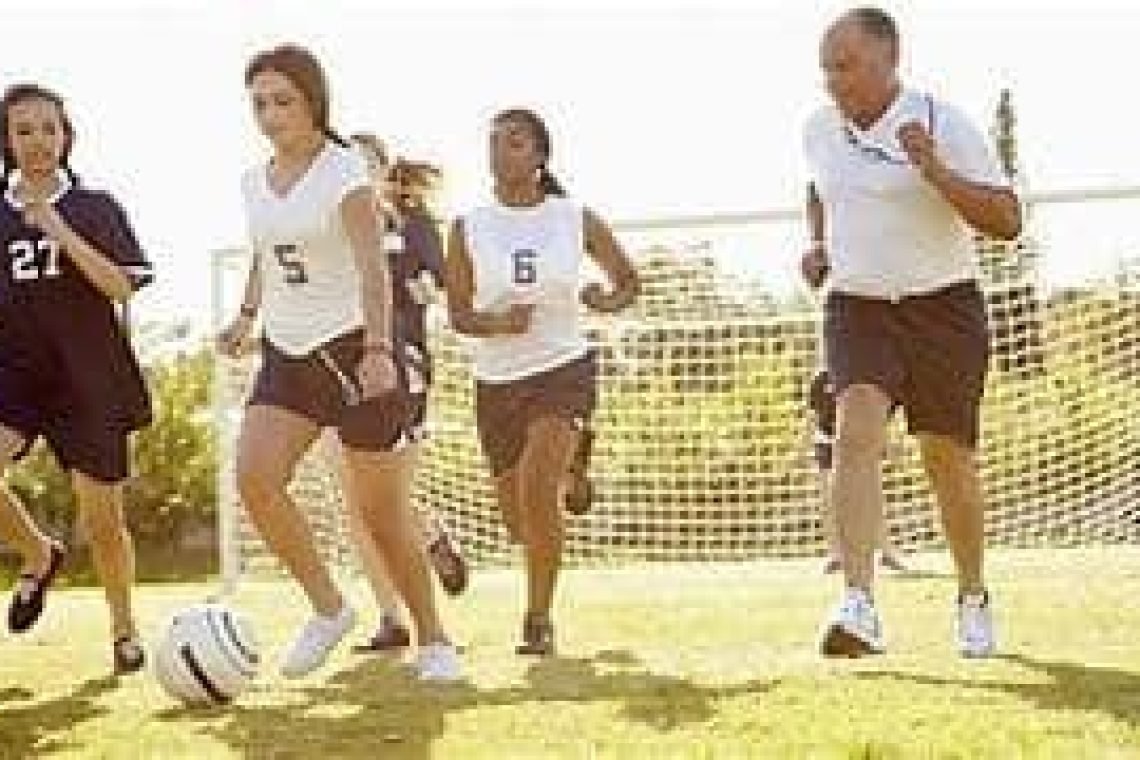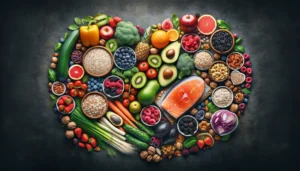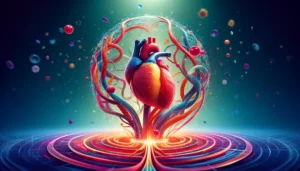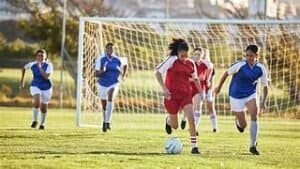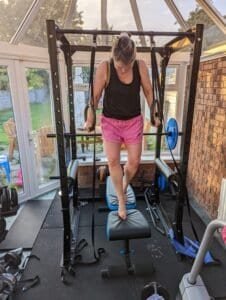Proper nutrition before and after exercise is critical for enhancing performance, recovery, progress and overall health
Before exercise
The primary goals of pre-exercise nutrition are to fuel the body, prevent hunger, and ensure stable energy levels throughout the activity.
Carbohydrate is king! Carbohydrate intake needs to maximise carbohydrate stores in the body, as carbohydrates are the body’s preferred energy source during exercise at a higher heart rate. I find most people are amazed by how good it feels exercising with enough carbs on board!
Ideally, consume a meal high in carbohydrates 3-4 hours before exercise. This might include porridge with fruit, a bread roll that’s not too heavy on the toppings, or a bowl of rice/ pasta with lean protein.
A smaller, easily digestible snack like fruit or a low fibre, low fat and low protein cereal bar 30-60 minutes prior
can provide a quick energy boost, support performance and reduce perceived effort without causing stomach discomfort. Generally you’re aiming for about 30-60g of carbs.
Loading up on carbs before matches or long runs
This is especially important for events lasting over 90 minutes, tournaments or super high intensity stuff (e.g. hyrox, a match). This usually involves carbs being the main event at meals and snacks the day before. Your Dietitian might give you a specific target. However, what we see in clinic is that most people struggle to meet their carb requirements with the likes of potatoes, oats or other root veg. However, rice, pasta, breakfast cereals and smoothies make it a little easier!
Hydration
Starting exercise well-hydrated is crucial. This is a general guideline but it might look like drinking 500-600 ml of water or a sports drink 2-3 hours before exercise and an additional 200-300 ml closer to the session. Everyone is different. Women (or men) with issues like leaking might need to focus on hydration in the days leading up to it to overcome their inability to consume enough in the hours beforehand. The aim is the ensure optimal fluid levels without overloading the stomach.
During exercise
Consuming carbohydrates during prolonged activities (over 60 minutes) can delay fatigue and maintain performance. Sports drinks, gels, or small amounts of easily digestible foods (e.g. jelly babies) are suitable options. Anyone who knows me knows that sweet stuff is not what I’m into so on long cycles I focus on savoury stuff e.g. white bread with a tiny bit of hummus or grated cheese, or else some easily to digest savoury crackers. Generally, the body can manage 30 grams of carbs per hour, but you can train it to take 60 grams per hour (sometimes more!).
After exercise
Post-exercise nutrition is vital for recovery, particularly after intense or prolonged sessions. The primary goals are to replenish glycogen stores, repair muscle tissue, and rehydrate
- Carbohydrates for Recovery:
Refuelling carbohydrate stores is critical after exercise, especially if you plan to train again within 24 hours. It’s generally recommended to consume 1.0-1.2 g of carbohydrate per kilogram of body weight within the first hour post-exercise. Foods such as white rice, pasta, bread or a sports drink can facilitate carbohydrates going back into the muscles quickly. For example, 2 slices of bread provides 40g of carbs and a pint of milk provides about 25g of carbs. - Protein for Muscle Repair:
Combining carbohydrates with protein enhances carbohydrate storage recovery and promotes muscle repair. A 3:1 or 4:1 ratio of carbohydrates to protein is ideal. E.g. smoothie with yogurt and fruit or a pint of milk with a jam sandwich (white bread). - Rehydration:
Replace fluids lost during exercise by drinking 1.5 times the amount of weight lost through sweat. Milk is great as it provides water, electrolytes, carbohydrate and protein. - Timing:
Nutrient timing is critical, particularly for athletes. Try to get a drink including all the elements within 30 minutes post-exercise.
An example of what you could eat
The day before a big match
Breakfast: Porridge with raisins and banana
Snack: Cereal bar
Lunch: Bread roll with chicken and salad
Snack: Toast & peanut butter
Dinner: Pasta pesto with small amounts of meat and veg
Lots of water to ensure you’re nicely hydrated. Milk is more hydrating than water so is a handy option.
Day of the match
Breakfast: Cornflakes and apple juice
Snack: Cereal bar (go for a highly processed one that’s high in sugar and low in
fibre)
Sips of sports drink
Play the match
Afterwards: Chocolate milk and a cereal bar
Follow up with a meal: Make it high carb e.g. based on rice or pasta
Keep on sipping on water.
Please note – this is general information intended for guidance, your dietitian may alter aspects of this to suit your needs.

